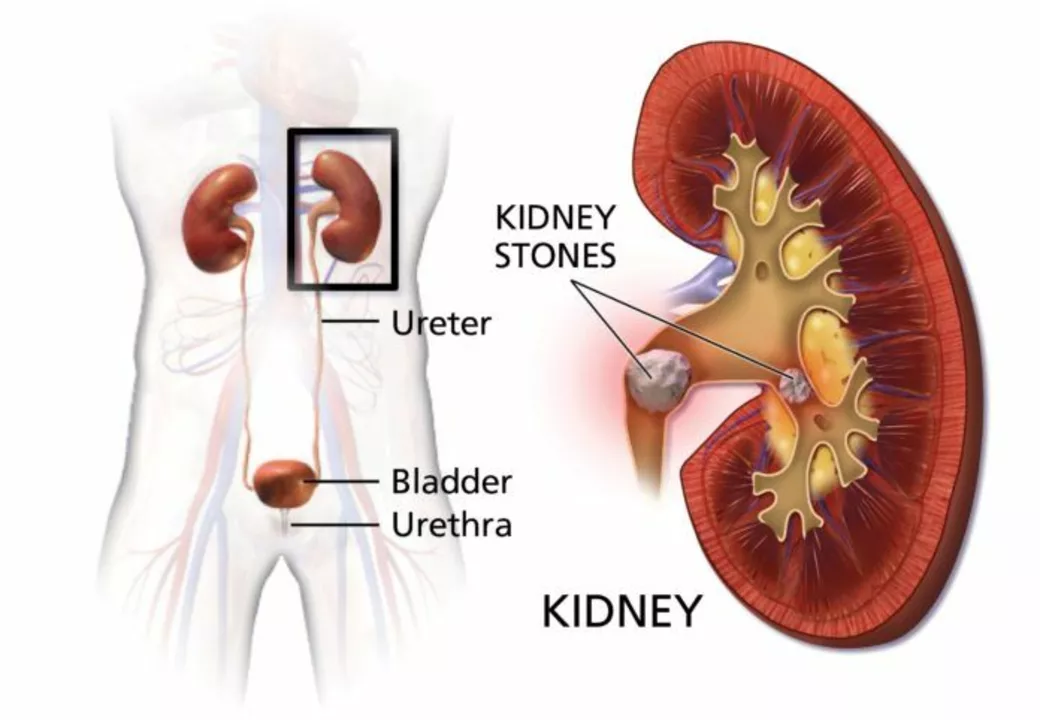Biosoprolol: What You Should Know About This Medication
If you’ve come across biosoprolol, you might be wondering what it’s for and how it fits into your health routine. Biosoprolol is often used to manage heart-related conditions, especially high blood pressure and certain heart rhythms. It helps by slowing down your heart rate and lowering blood pressure, which reduces the strain on your heart. Knowing how to use this medicine safely and effectively is key to getting the right benefits.
How Biosoprolol Works
Biosoprolol belongs to a group called beta-blockers, which work by blocking certain natural chemicals in your body, like adrenaline. This slows your heart and helps your blood vessels relax, making it easier for your heart to pump blood. The result? Lower blood pressure and a reduced risk of heart complications. Many users find it helps them feel more stable and less prone to chest pain or irregular heartbeats.
But biosoprolol isn’t just a quick fix. It’s typically part of a long-term plan to improve heart health alongside lifestyle changes like eating better and staying active. Stopping the medication suddenly can cause problems, so it’s important to follow your doctor’s instructions carefully.
What You Should Watch Out For
While biosoprolol does a lot of good, it can come with some side effects. You might feel tired, dizzy, or notice cold hands and feet. These usually ease up as your body adjusts. Still, if you experience things like difficulty breathing, swelling, or very slow heartbeat, getting medical advice quickly is important.
Another thing to keep in mind is how biosoprolol interacts with other medicines. If you’re taking drugs for asthma, diabetes, or certain heart conditions, your dose might need adjusting. Make sure your healthcare provider knows about all the medications you use to avoid surprises.
Remember, biosoprolol is just one piece of your health puzzle. Combining it with a balanced diet, regular exercise, and regular check-ups delivers the best results. If questions pop up or you notice anything unusual while taking biosoprolol, don’t hesitate to reach out to your doctor or pharmacist.
To sum it up, biosoprolol supports heart health by controlling heart rate and blood pressure, but using it wisely and staying aware of any side effects is essential. With the right approach, it can be a valuable part of keeping your heart strong and steady.

